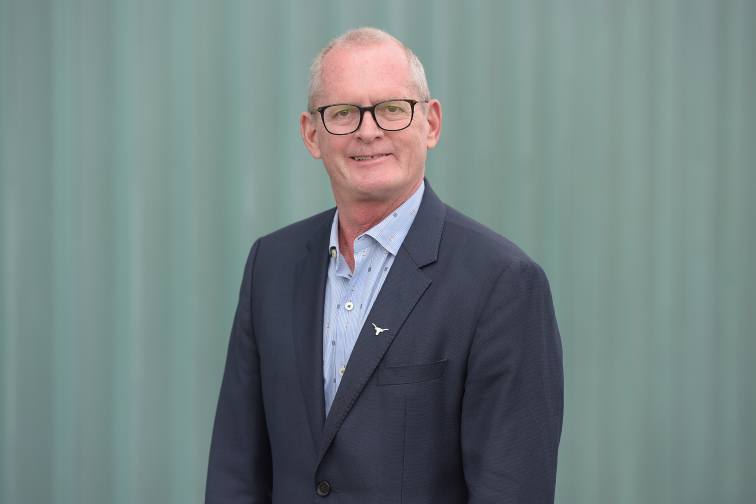How Do Consumers Think? - Professor Wayne Hoyer Gives Insights into Consumer Behavior Research

Why are some marketing communication measures very positively received by consumers and lead to a significant increase in sales, while others cause permanent damage to the brand concerned?
The Master's students of the course "Consumer Behaviour" were given a detailed insight into human thought processes and learned how consumers perceive and process information.
There is a long-standing tradition of this event by Professor Dr. Wayne Hoyer, who was able to travel to Münster from Austin, Texas, for the first time since the beginning of the Corona pandemic. That the visit of the professor from the University of Texas at Austin is something special was immediately apparent from the number of MCM staff members who attended the event at times simply to listen. It was worth it.
In just one week, Professor Hoyer gave the participants a deep and extremely lively insight into consumer behaviour research in intensive four-hour sessions. This was mainly due to the fact that he used many examples to convey abstract course content in a way that was true to life and easy to understand. For example, the participants learned about the concept of consumer loyalty through Professor Hoyer's own flight behaviour. He confessed to being a loyal customer of American Airlines and described his most memorable travel experiences.
In addition to these narratives, the students learned to understand specific marketing efforts of companies through promotional videos. For example, an Amazon promotional video described the technical features and benefits of the Alexa product. This video was primarily aimed at those consumers who would make their consumption decisions rationally and based on the technical benefits of the product.
The effect of the promotional videos was also very clear at another level, namely in their effect on the course participants themselves. While some videos invited them to fall asleep, other video messages captivated all the participants and made them smile or even pause, touched. In this way, the influence of an individual decision-making process was directly experienced and comprehended.
Through this experience of the course content and Professor Dr. Hoyer's way of lecturing, the event offered enlightening moments for each participant. The students began to understand themselves and their fellow human beings more precisely and were able to better analyse, question and influence their own and others' decision-making processes.
An enriching week!


